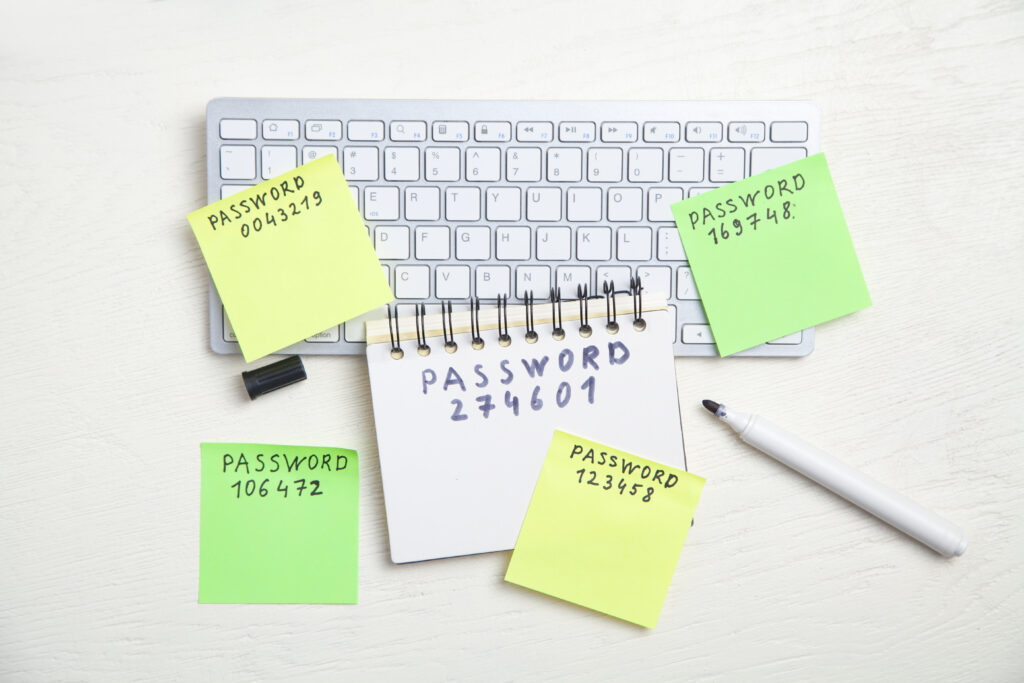
What to Do After Buying an Existing Business
What to Do After Buying an Existing Business The time period after buying a business can be both exciting and stressful. Making an investment into
This fall take your cyber skills to the next level! With the following tips, you can learn and incorporate some of the basics of Cybersecurity to help keep you cyber safe.
Cybersecurity is the practice of protecting networks, devices, and data from unlawful access or criminal use, and providing confidentiality, integrity, and availability of information. With much of your personal information being stored either on your computer, smartphone, or tablet, knowing how to protect your information is important, and not just for individuals, but for organizations too. Throughout your day how many times do you use the internet? Like many, the answer is quite frequently, and with each time you face choices related to your security. Making the internet safe and secure requires all of us to take responsibility for our own cybersecurity behavior.

Below are some of the various methods used by hackers and thieves to try and steal your information online. Take a look at this list so you know what to be alert for.
Malware:
Computers used at home or work can be damaged or the information it contains harmed by malicious code (also known as malware). A malicious program can be a virus, a worm, or a Trojan horse. Hackers, intruders, and attackers use these techniques to make money off these software flaws.
Identity Theft and Scams:
Identity theft and scams are crimes of opportunity, and even those who never use computers can be victims. There are several ways criminals can access your information, including stealing your wallet, overhearing a phone call, looking through your trash, or picking up a receipt that contains your account number.
Phishing:
Phishing attacks use emails, texts, and malicious websites that appear to be trusted organizations, such as charity organizations or online stores, to obtain user personal information.

The following are some basic tips that you can use to stay cyber safe.
Think Before You Click:
Recognize and Report Phishing: If a link looks a little off, think before you click. It could be an attempt to get sensitive information or install malware.
Update Your Software:
Don’t delay – if you see a software update notification, act promptly. Better yet, turn on automatic updates.
Use Strong Passwords:
Use passwords that are long, unique, and randomly generated. Use password managers to generate and remember different, complex passwords for each of your accounts. A password manager will encrypt passwords securing them for you!
Enable Multi-Factor Authentication:
You need more than a password to protect your online accounts, and enabling MFA (Multi-Factor Authentication) makes you significantly less likely to get hacked.
Although these cyber safety tips can help protect you, it won’t matter unless they are consistently utilized and practiced. Help make the internet that much safer by taking October Cybersecurity Awareness Month and making it a year-round effort.
___________________________________________________________________
This article is for general informational purposes only and is not to be relied upon or used for any particular purpose. Cross Insurance shall not be held responsible in any way for, and specifically disclaims any liability arising out of or in any way connected to, reliance on or use of any of the information contained in this article. The information contained or referenced in this article is not intended to constitute and should not be considered legal, insurance, accounting or other professional advice, nor shall it serve as a substitute for the recipient obtaining such advice. The views expressed in this article are that of its author and do not necessarily represent the views of Cross Financial Corp. and its subsidiaries and affiliates (“Cross Insurance”) or Cross Insurance’s management or shareholders.

What to Do After Buying an Existing Business The time period after buying a business can be both exciting and stressful. Making an investment into

Do I Really Need RV Insurance? Just as with any other vehicle, you will need some form of insurance to operate an RV on a

Insurance for Dog Trainers in Connecticut Why Is Insurance for Dog Trainers Important? Being a dog trainer can be a rewarding career. As with any